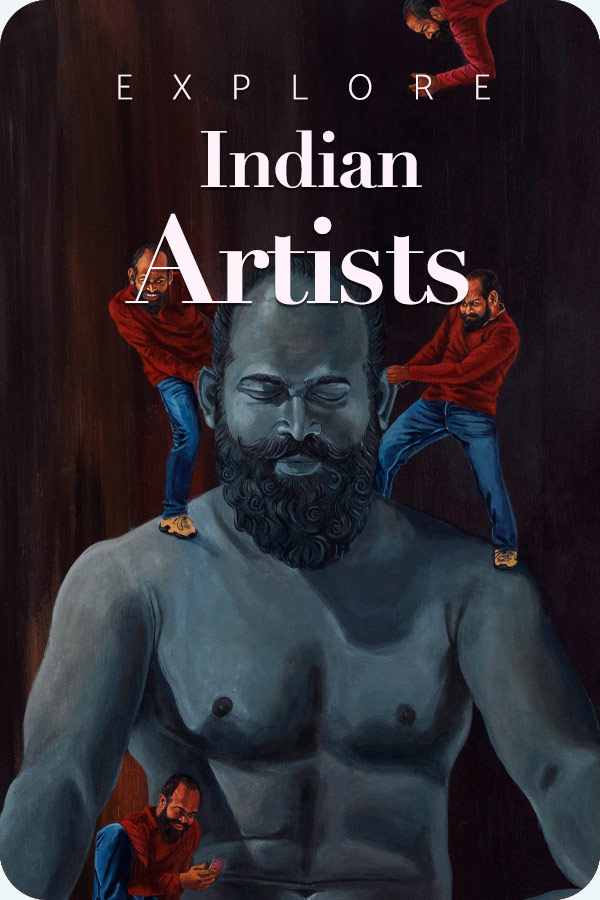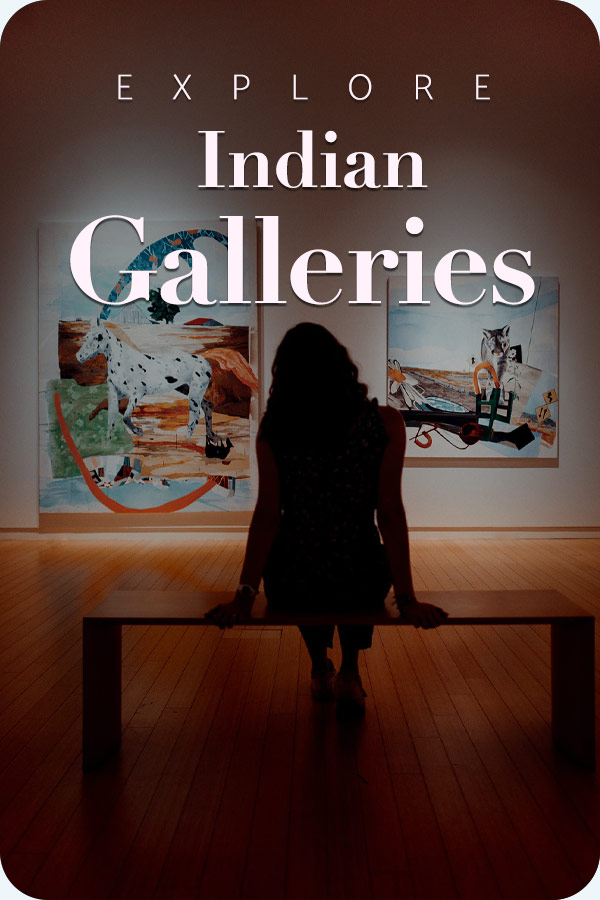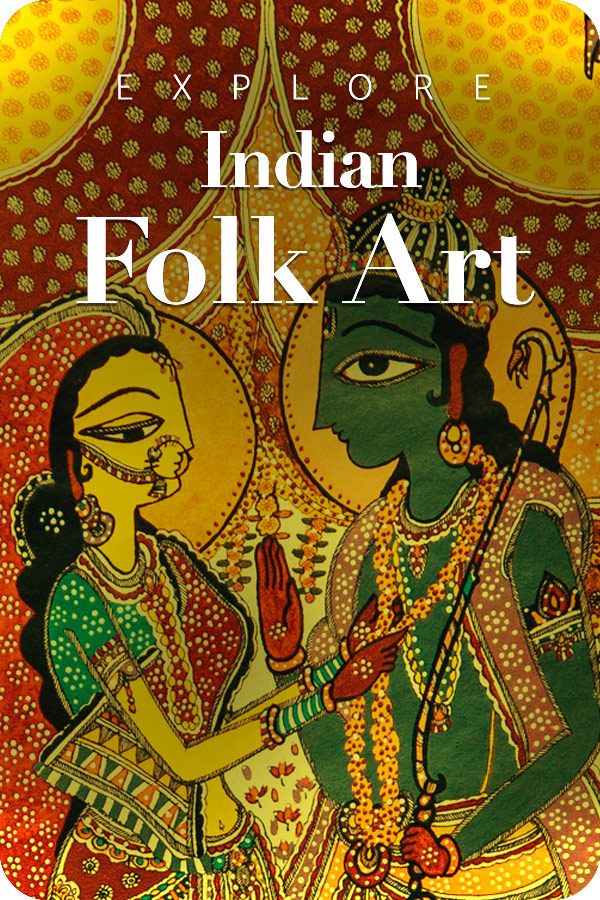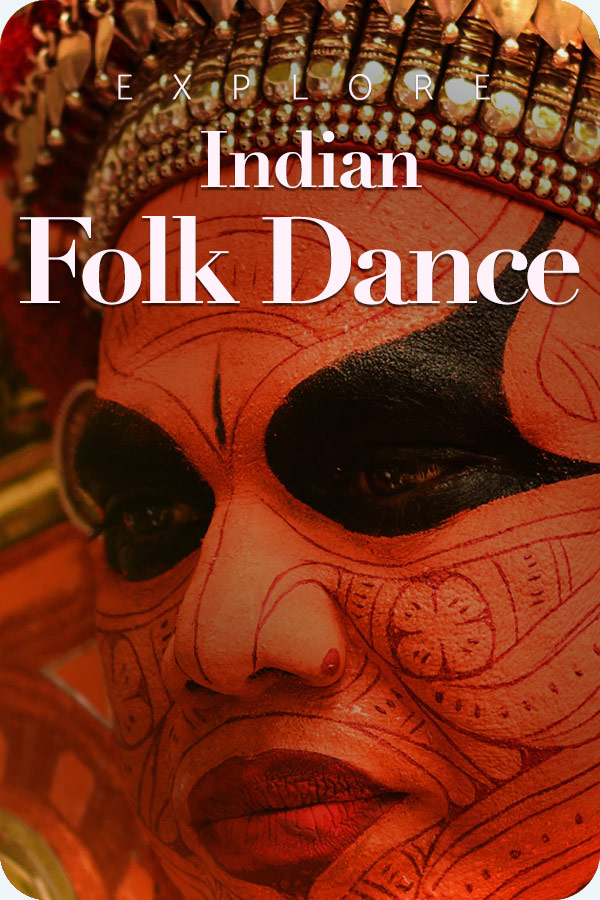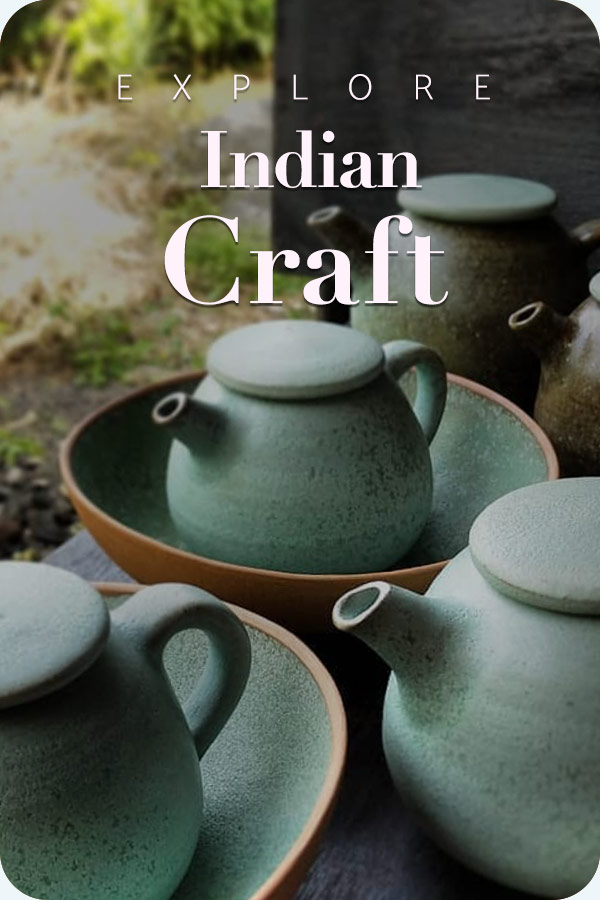
It is well established across the globe that India is a land of diversity. Here, we have a plethora of regional languages, cuisine, culture, and festivals, and we make sure that each of them is celebrated and acknowledged with the zeal and splendor that they deserve. This harmonious coexistence with our fellow Indians, regardless of our differences, is what makes India so exuberant and colorful.
While there are numerous stunning facts about India, to me, the wide variety of festivals celebrated in our beloved nation will always continue to be amusing. Each region in India celebrates the festivities of its regional counterparts with much enthusiasm. Whether it may be Diwali or Bhai Dooj; there is no denying that the beauty of these festivals brings even the most different, together.

Talking about festivals, one of the most well-known festivals from the Southern part of India has to be Pongal. I remember that when I was a child, my family and I would be invited by our neighbors to celebrate this beautiful festival with them. We would take part in their traditional poojas with them and have a grand meal, in the end, it was then that I realized how meaningful and unique this festival is. Pongal is the harvest festival of Tamil Nadu. It is celebrated in the Thai month, which usually falls between January and February. This four-day festival is done after a good harvest of crops such as rice, turmeric, or sugar, to show their appreciation and devotion to the Sun God.
As you’ve probably guessed, Pongal is an ancient festival and has been around for quite some time now. And like every Indian festival, there is a good story behind it. According to popular myths and legends, once when the Age of God was prevalent, Lord Shiva asked Basava the Bull to go to Earth and convey a message to the humans. The message read that Humans are to have a bath along with an oil massage every day of the week. However, contrary to what Lord Shiva said, Basava announced to mankind that they’re supposed to eat every day and have an oil bath only once every month. Lord Shiva was displeased and highly furious with Basavas. Therefore, he cursed the Bull to help humans grow more food by plowing their agricultural land forever. This is why Pongal is celebrated to honor the bull (cattle) and crops.

Another interesting legend revolving around the origins of Pongal involves Lord Krishna. The legend says that when Lord Indra became the king of the Gods, his arrogance had the best of him. To teach him a lesson, Krishna asked the villagers to stop worshipping Lord Indra. Infuriated by this notion, Lord Indra sent thunderous clouds over the village. However, Lord Krishna saved the day by guarding the village by sheltering the village under the Govardhan Hill (which he lifted with his pinky finger). To mark the day, the festival of Pongal is celebrated as a sign of devotion towards Nature and cattle.
The festival of Pongal has a massive cultural significance in Tamil Nadu. Pongal can be termed as the Indian equivalent of the American festival of Thanksgiving. This is mainly because, during Pongal, farmers show their gratitude towards Lord Indra (king of gods) and the Sun God for their blessings and a good harvest season. Traditionally, unwed girls observe penance for a month to pray for the agricultural welfare of the country. During this period, the girls are expected to refrain from consuming milk products and from applying oil to their hair. Along with this, they are expected to wake up early in the morning for the traditional bathing ritual as well.

If you’re wondering, “What does Pongal mean though?”, you’re in luck, because I know just the answer to it. The ancient word ‘Pongal’ literally translates to ‘to boil’. The meaning of this word directly points towards the special dish prepared especially during Pongal. This exquisite dish is made from rice, jaggery, and milk, and is offered to the Gods and cattle as an act of reverence. Moreover, this spectacular festival is celebrated by decorating the horns of the bull and the house with beautiful kolam art, visiting temples, having a grand meal, and exchanging gifts with our loved ones.
All four days of the festival have different activities planned. The first day is known as Bhogi Pongal, wherein the day is reserved for families to have a great time together. The second day commences with the pooja of Surya or the Sun God. This is called Surya Pongal. The third day is termed Mattu Pongal, which is marked by the worshipping of cows. The cows are washed on this day, and their horns are painted and decorated beautifully with flowers. The day ends with offering the Gods the dish Pongal.

These festivities and traditions are a key feature of India’s cultural identity. In a world where everyone is drawn apart by electronics and urbanization, they have an important role to play in bringing people closer together again. After all, the whole point of celebrating these festivals is to show our love and concern towards our peers and to have some quality time with them. Cherishing these moments with our loved ones provides us with memories to carry forward for a lifetime, don’t you think so?


